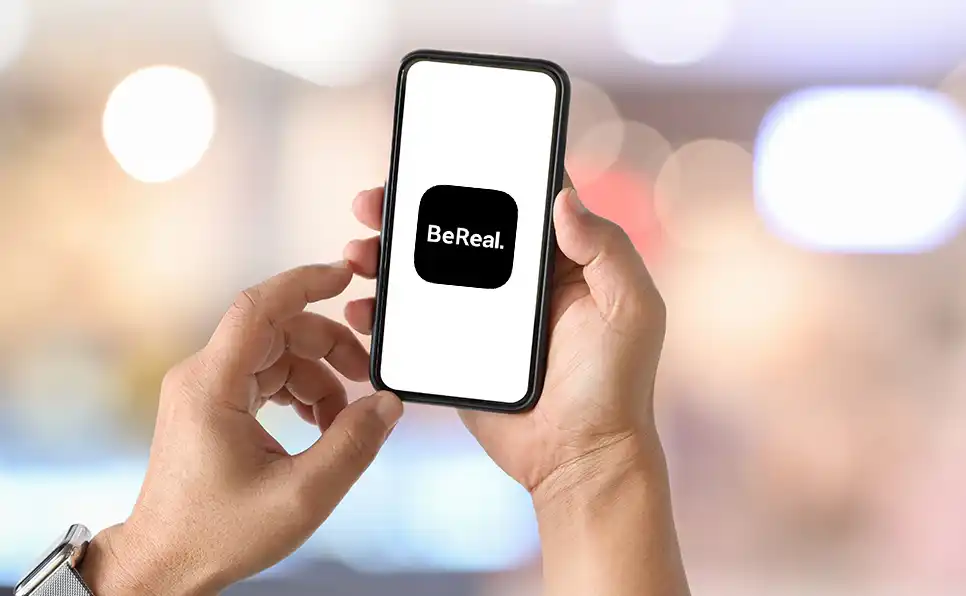Voice phishing, also known as vishing, is a type of fraud that involves the use of phone calls or voice messages to trick victims into revealing sensitive information, such as passwords or credit card details. This form of cybercrime involves using the telephone to trick individuals into giving out sensitive information such as bank account numbers and passwords.
Vishing scams are often carried out by attackers who use automated voice recordings or live operators to impersonate legitimate organizations, such as banks or government agencies, in order to gain the trust of their victims.
Voice phishing is also a type of social engineering attack that aims to steal sensitive information from individuals through the use of phone calls. This technique is often used by scammers to obtain personal information such as credit card numbers, bank account information, and login credentials.
How does Voice Phishing work?
The process of voice phishing typically begins with the attacker calling the victim and pretending to be a legitimate representative of a company or organization. The attacker may claim that the victim’s account has been compromised or that there is a problem with their account that needs to be resolved.
The attacker will then try to convince the victim to provide sensitive information, such as their password or credit card details, by using various tactics such as creating a sense of urgency or making the victim believe that they are in danger if they do not provide the information.
Once the victim has provided the sensitive information, the attacker can use it to gain access to the victim’s accounts or steal their money.
Voice phishing can be difficult to detect because the attackers often use sophisticated technology to mask their phone numbers and make it appear as if they are calling from a legitimate organization. However, there are some signs that can help victims identify voice phishing attempts, such as being contacted out of the blue by someone claiming to be from a company or organization, being asked to provide sensitive information over the phone, or being pressured to make a decision quickly.
Other Voice Phishing Techniques
One common vishing scam involves an attacker calling a victim and claiming to be a representative of their bank. The attacker will then ask the victim to provide their account information and password in order to “verify their identity” or “prevent fraudulent activity.” In reality, the attacker is using this information to access the victim’s bank account and steal their money.
Another type of vishing scam involves attackers pretending to be from the Internal Revenue Service (IRS). The attacker will tell the victim that they owe back taxes and must make a payment immediately or face legal consequences. The victim is then instructed to provide their bank account information or credit card number in order to make the payment.
Vishing attacks can be difficult to detect, as the attackers often use advanced technology to make their voices sound legitimate and to hide their true identities. In addition, many vishing scams use caller ID spoofing, which allows the attacker to display a fake phone number on the victim’s caller ID. This can make it appear as though the call is coming from a trusted organization, further increasing the likelihood that the victim will fall for the scam. They use techniques like ID spoofing to mask their caller IDs and hence it becomes difficult for users to gauge the credibility.
From a promise of reward to converting loyalty points into hard cash, and from loan repayments to social security threats, vishing comes in all forms. The more you know about it, the better!
How to identify Vishing Scams?
The process of voice phishing typically begins with the attacker placing a phone call to a potential victim. The caller may claim to be a representative from a legitimate organization, such as a bank or a government agency, and may use a variety of tactics to convince the victim to disclose sensitive information.
One common tactic used by attackers is to create a sense of urgency. The caller may claim that there is a problem with the victim’s account and that immediate action is needed to prevent it from being compromised. This can be especially effective if the caller uses technical language and provides a phone number for the victim to call back, further increasing the sense of legitimacy.
Another tactic used by attackers is to use social engineering techniques to build trust with the victim. This can include asking personal questions and using the information provided to create a more personalized and convincing pitch. For example, the caller may mention the victim’s name, address, or other personal details in an attempt to gain their trust.
Once the attacker has established a sense of trust and urgency, they will typically try to obtain sensitive information from the victim. This can include asking for credit card numbers, bank account information, or login credentials for various accounts. In some cases, the attacker may even try to convince the victim to transfer money directly to a bank account under their control.
How to protect yourself from Voice Phishing scams?
To protect yourself from vishing attacks, it is important to be cautious when providing sensitive information over the phone. If you receive a call from someone claiming to be from your bank or the IRS, do not provide any personal information. Instead, hang up and call the organization back using the phone number listed on their official website. This will ensure that you are speaking with a legitimate representative.
It is also a good idea to use security software, such as a firewall or antivirus program, to protect your computer and personal information from being accessed by attackers. And be sure to regularly update your software and operating system to stay ahead of the latest threats.
It is important for individuals to be aware of voice phishing and to be cautious when receiving phone calls from unknown numbers. If you receive a call from someone claiming to be a representative of a legitimate organization and asking for sensitive information, it is best to hang up and contact the organization directly using a phone number you know to be legitimate. This will help to protect your personal information and prevent you from becoming a victim of voice phishing.
Conclusion
In conclusion, Voice Phishing is a serious and growing threat to individuals and organizations alike. By being aware of the risks and taking steps to protect yourself, you can help to prevent becoming a victim of this type of cybercrime.



